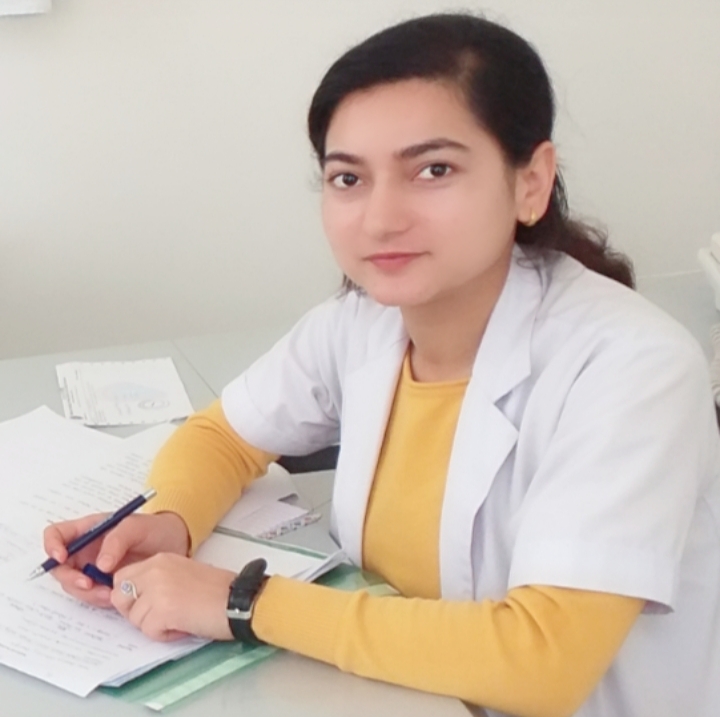Nepalis have always had a thing for trends. Our wardrobes mimic the styles of celebrities like Deepika Padukone and Katrina Kaif. We host gender reveal parties and plan elaborate baby showers for our friends, just like in the US. The trends we follow are usually harmless, albeit ridiculous sometimes. Health and fitness trends, however, are another matter altogether. They often have far-reaching consequences. Today, more Nepalis are buying and consuming different kinds of nutritional supplements than ever before. Many take multivitamins, omega-3s, biotin, or consume protein shakes on the reg. Experts ApEx spoke to say the trend might be unnecessary, and also a bit risky.
Anushree Acharya, dietician and MD, The Nutrition Cure Nepal, says people are popping vitamins like chocolates these days and it worries her. She says the Covid-19 pandemic made everyone conscious about health and fitness and while that’s a good thing, many have taken things too far. People buy huge bottles of fancy vitamin and mineral supplements with no understanding of when and how to take them.

Anushree Acharya, Dietician/MD, The Nutrition Cure Nepal
“What we need to understand is that a healthy person can get all the required nutrients from a proper, well-balanced diet,” she says. It’s only when you have some pre-existing conditions or a specific requirement to fulfill that you need additional nutrients in the form of pills, she adds.
Dietician Deependra Bhatta says supplements aren’t a replacement for a good diet. Many people don’t pay attention to what they eat and take health supplements like omega-3s and various vitamins to make sure their body’s requirements are being met. It’s become the easy way out, he says. Rather than basking in the sun, which we all know is the best possible source of Vitamin D, we choose to pop a pill. But food-based nutrition is better than relying on chemical formulations. It isn’t difficult to get the required nutrients from food either, says Bhatta. “For example, it’s not necessary to take iron supplements. Just add spinach to your diet. Iron needs Vitamin C for absorption and for that, you can squeeze some lemon on your food,” he says. Similarly, instead of having fish oil for omega-3s, you can include fish, cabbage, beans, walnuts, cashews, chia seeds, flax seeds, and berries among other food items in your daily diet.
Suraj Rawal, proprietor of The Protein Shop, says we have become so trend-driven that if someone we know is taking a dietary supplement, we too buy it without knowing whether it will suit us. Nikhil Tuladhar, marketing officer at E-pharmacy, says they often have to ask people buying multivitamin gummies whether the person they are buying it for has diabetes. It’s shocking how many people are unaware that there’s sugar in gummies, he says. Tuladhar has also had to deal with some parents who want to give multivitamins to their children from a young age. Despite the label in the kid’s multivitamin bottle clearly stating that it’s meant for children over two, there have been some customers who have insisted on buying it for their one-year-old. “It’s just vitamins, what harm can it do?” seems to be the general mindset, he adds.
Also read: Nepal: A country drowning in alcohol
Experts say it’s not possible to stay healthy by consuming supplements alone. That awareness is lacking in most people today who want a quick fix or to balance out their bad eating habits. A bad diet and then a handful of vitamins don’t cancel out each other, as much as you wish to believe they do. “Good health is a combination of four elements,” says Rawal. “It’s the result of proper diet, exercise, rest and supplements.” People should be attuned to how they are feeling and understand that their body is unique—meaning what works for their friend might not work for them.
But that isn’t the case, as is evident by the burgeoning online businesses selling all kinds of nutritional supplements. Pharmacies too have started stocking up on supplements because of their high demand. Multiple pharmacies in Lalitpur claim they have as many people coming in to buy supplements as prescribed medications. Tuladhar says people are mostly aware of the benefits but hardly ever of the contraindications. From what they have heard of and read on YouTube and other social media platforms, most seem to have come to the conclusion that supplements are necessary if they want to stay fit and prevent diseases.
However, Acharya says taking supplements without determining whether you need them can do more harm than good. It’s a waste of money too because the imported brands of supplements aren’t cheap. The best thing to do, she suggests, is to get a medical evaluation to figure out what nutrient you are lacking in and tweak your diet. You only need supplements when your daily intake of nutrients through food is inadequate and the inadequacy manifests in some form.

Tasnina Karki, Dietician
It’s also important to note that supplements come with a fair share of possible side effects. Dietician Tasnina Karki says there is a limit to how much vitamins and minerals you can take and consuming too much, for a long time, can lead to health issues. Excess of vitamins, especially fat-soluble vitamins like A, D, E, and K, and certain minerals can be toxic. For instance, overconsumption of Vitamin A and E leads to raised intracranial pressure that can mimic symptoms of stroke.
Consumption of large doses of Vitamin A can cause liver damage. If a pregnant woman consumes higher doses of Vitamin A than required, it can lead to birth defects in the fetus. Bhatta adds that supplements can cause annoying side-effects like dizziness and nausea in some people while in others it might lead to increased blood pressure. “Having supplements for a long time also weakens your digestive system,” he says.
Before supplements get a bad rap, Aarem Karkee, dietician at Patan Hospital in Lalitpur, clarifies that our diet today definitely lacks certain nutrients because the way food is grown and produced has changed. The soil quality today isn’t as it once used to be, so plants grown in that soil won’t have as many nutrients as it’s supposed to. We construct artificial ponds to keep fish and our cooking techniques, like steaming for too long or deep frying, ensures loss of nutrients.

Aarem Karkee, Dietician, Patan Hospital
So, in a way, supplements have become necessary. But it’s important to consult an expert to figure out what supplements you need and not randomly take anything and everything available in the market. “Dieticians can work with you to fix your lifestyle and prescribe the supplements you need. That way you will get all benefits while having to deal with none of the risks,” he says.











